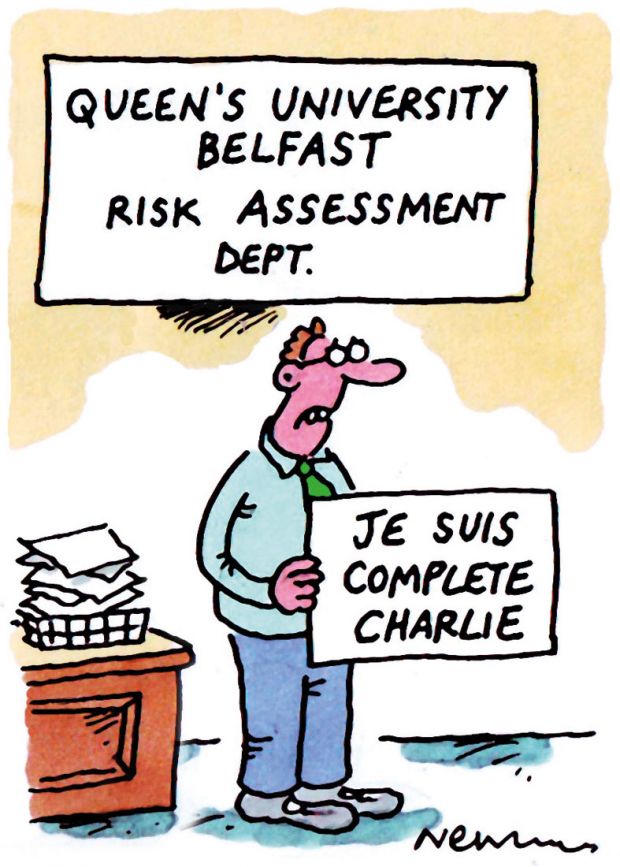
- The 2015 general election campaign has seen the usual scrabbling around for any bit of celebrity endorsement the parties can muster. The Conservatives seem daily to wheel out a former New Labour-supporting business mogul, the Green Party’s Caroline Lucas (although notably not the party itself) won backing in The Guardian from 40 well-known public figures, and Nick Clegg had a selfie with Joey Essex – although given that the reality TV star thought he led a party called the “Liberal Democats” it was probably not an endorsement. Now Labour has highlighted that Stephen Hawking is backing its Cambridge candidate Daniel Zeichner, The Independent reported on 27 April. Activists called it the “best endorsement in the (brief) history of time”, while Mr Zeichner claimed that the cosmologist appreciated “the huge investment that the last Labour government made in science”. That last point may be open to debate, but it is clear from a Times Higher Education survey that it would probably take a parallel universe for many academics not to vote Labour this time around.
- Elsewhere in the campaign, the National Union of Students’ overt attempt to oust Liberal Democrat and Tory MPs who broke their tuition fee pledge received a blow this week when railway stations in England banned its “liar liar” campaign adverts. Network Rail, which runs many terminals, ordered posters to be removed because its rules do not allow political activity on stations, the BBC reported on 24 April. Toni Pearce, the NUS president, said the move felt like a “mass gagging attempt on students” and vowed to keep running the adverts on a fleet of vans that are touring the targeted seats.
- Cheating used to involve just looking over the shoulder of someone else in an exam. But along with essay mills, add “keyboard spying” to the 21st-century fraudsters’ toolkit. This was the technique used by Imran Uddin to learn staff passwords at the University of Birmingham so that he could hack into the system and change his grades, the Daily Mail reported on 24 April. The bio-science student bought devices that could record keyboard strokes and then plugged them into university computers, a court heard. After gaining access to grading software, he upped his marks, including changing one grade from a 2:2 to a first. Jailing the 25-year-old for four months, Judge James Burbridge said that Uddin’s actions could have undermined “public confidence in the degree system”. But the judge needn’t worry, we have general grade inflation for that.
- Queen’s University Belfast has spent the week trying to disentangle itself from a row about a conference on the Charlie Hebdo murders. It emerged last week that the conference, set for June, had been cancelled owing – according to organisers – to security and reputation concerns expressed by Patrick Johnston, the vice-chancellor. Queen’s said that an appropriate risk assessment had not been completed, but, after widespread protest, announced that it would review the situation as well as issuing a statement that the university “is, and will remain, a place where difficult issues can be discussed”. The waters were further muddied when THE was told by a source that a “General Risk Assessment Form” had been completed on 23 March. Queen’s said what was lacking was “a complete risk assessment”, and one would now be carried out. Queen’s probably wishes it had carried out a complete cock-up assessment before the row erupted.
- A year after a threatened marking boycott was called off after a 2 per cent pay deal, employers have risked irking staff again with a 0.9 per cent pay offer for 2015-16. The University and Colleges Employers’ Association said that the offer was above inflation – the consumer price index is 0 per cent – and was being made “against a backdrop of unprecedented uncertainties and challenging circumstances”. It also said that pay progression meant half of all staff faced average pay rises of 2.4 per cent. But unions say that salaries have dropped by about 15 per cent in real terms over the past five years, even with this year’s 2 per cent rise. The University and College Union described the offer as “disappointing”. A final negotiating meeting is due to be held on 12 May.
